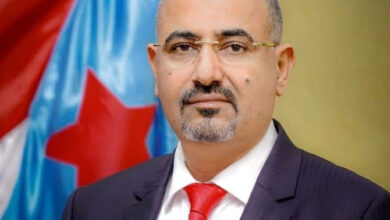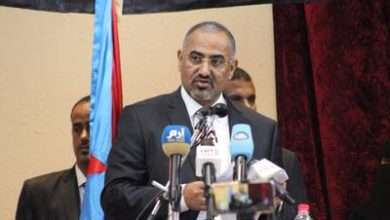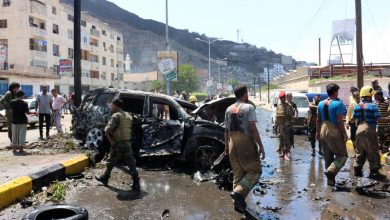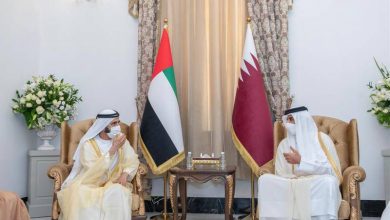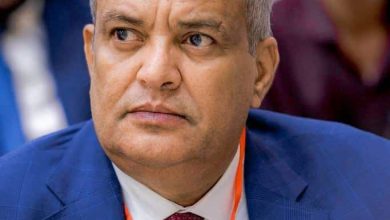
hadramout21:thenational.ae
Even before Saudi Arabia was founded in 1932, the peninsula’s inhabitants defensively relied on the impregnability of its desert interior, later augmented by a huge military budget and an alliance with the US.
The destruction wreaked on the kingdom’s oil heartland in the last few days was done by relatively cheap weaponry that crossed hundreds of miles.
Arab military sources cautioned that the attacks are difficult to guard against for any army.
“Regardless of the tactical shortcomings on the defence side, there are a few countries in the world that can stop such multi-pronged attacks,” an officer specialising in air defence systems told The National from an Arab capital.
“Israel is one, but it is the only country in the Middle East. Turkey only lately got the Russian S-400 system, which is designed to foil an attack by multiple rockets,” he said.
The attacks, on an oil field and the world’s biggest crude oil processing plant between Riyadh and the Dhahran oil epicentre, halved Saudi Arabia’s oil exports, equivalent to 5 per cent of the world’s supply. It was the most economically devastating single action against the kingdom since the 1979 seizure of the Grand Mosque by domestic militants.
The Arab Coalition battling the Iran-backed Houthis in Yemen said Saturday’s attacks were carried out with Iranian weapons, without providing details. It had ruled out that they were launched from Yemeni territory by the rebels, who had threatened to expand their targeting of Saudi infrastructure.
The Arab military sources said if cruise missiles were involved in the attack, they should have been detected by Saudi defences as well as by US forces in the region.
Drones would be more difficult to detect, depending on the positioning of Saudi radars.
“The lesson here is do not underestimate your enemy. Increase the training and efficiency of your personnel to make full potential of the hardware you have, and upgrade it,” another source said.
US officials said drones and missiles were used in the attacks, suggesting they were launched from Iraq or Iran, a claim that both countries denied.
Retired Jordanian general Fayez Doueiri said immediate repositioning of Saudi Air defences to counter threats would now be required, as well as improved reconnaissance.
US officials have said that much of the Saudi capability has been pointed to defend against the threat from Houthi missiles fired from Yemen.
If it is confirmed that the attacks were launched from Iran, it would appear that Tehran capitalised on Riyadh’s resources being focused on what has been at least the most common threat to face the kingdom, with the Houthis firing dozens of rockets at the country in recent months.
“Saudi drones should be now buzzing 24 hours over the head of its militia foes,” Mr Doueiri said from Amman.
Riyadh has not accused Iran directly of being behind the attacks, and has not indicated it would take military retribution.

